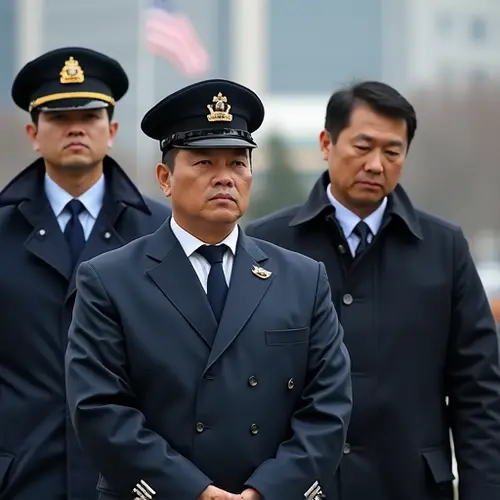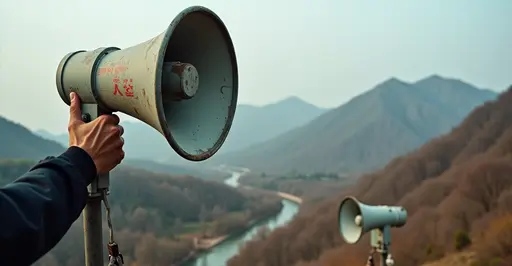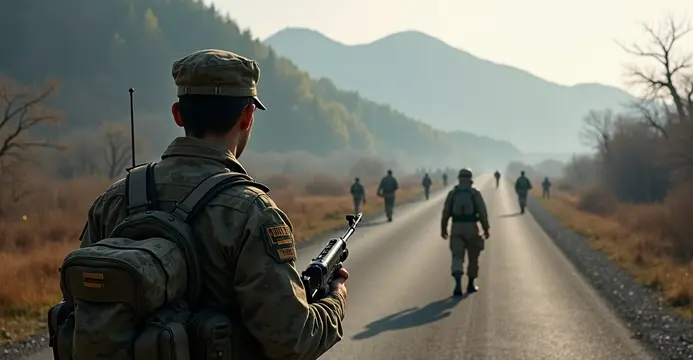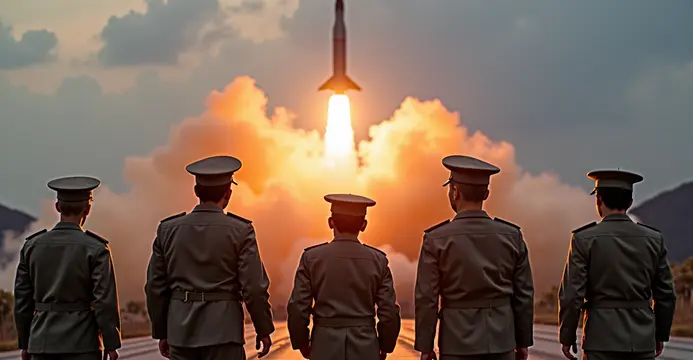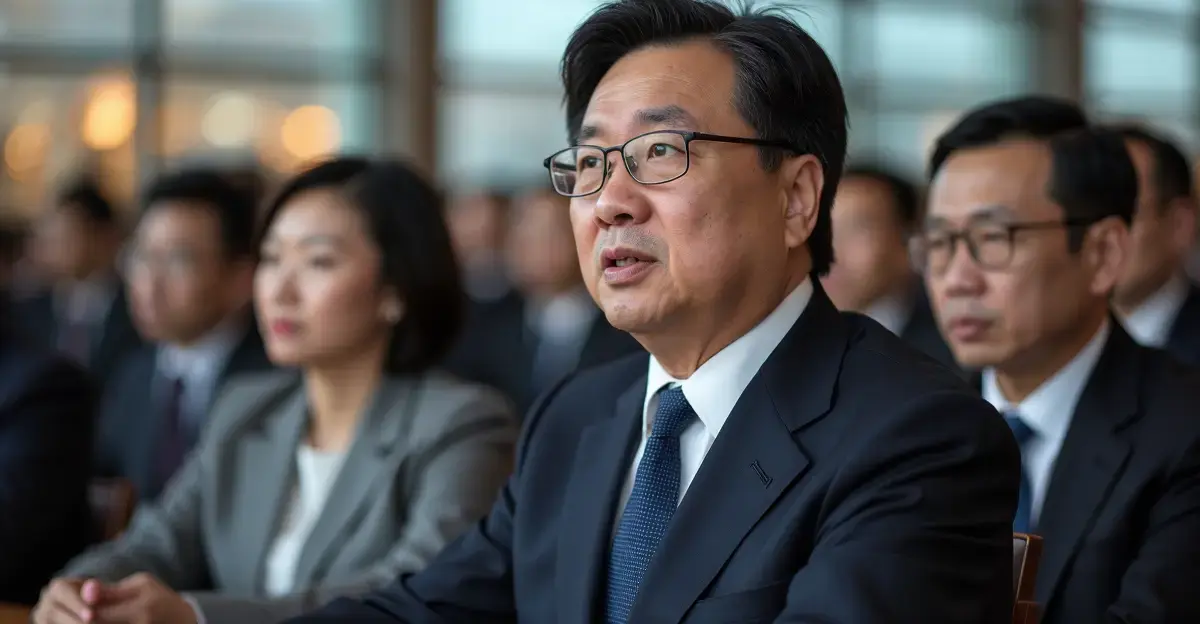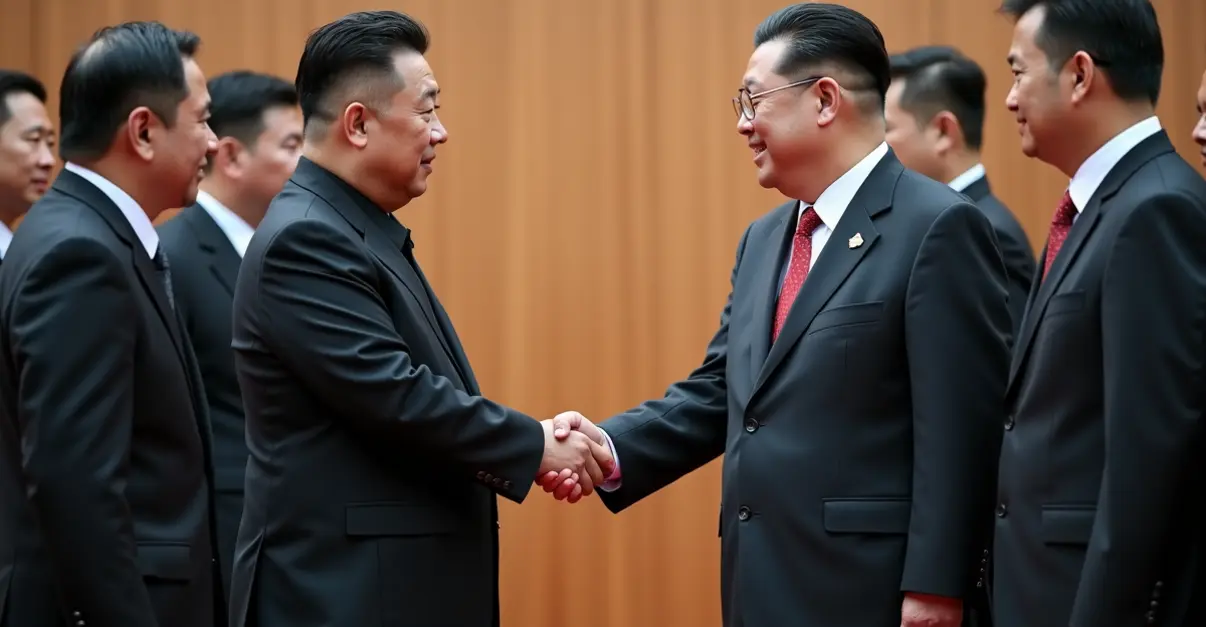
Historic Handshake at China's Military Parade
In a remarkable diplomatic development, North Korean leader Kim Jong-un shook hands with South Korean National Assembly Speaker Woo Won-shik during China's military parade in Beijing commemorating the 80th anniversary of the end of World War II in Asia. The unexpected gesture occurred before the start of the parade where Chinese President Xi Jinping was flanked by Russian President Vladimir Putin and Kim Jong-un.
Symbolic Breakthrough in Inter-Korean Relations
According to the office of the South Korean parliamentary speaker, this handshake represents the first high-level contact between the two Koreas in over 18 months. Korea expert Remco Breuker described the moment as "highly substantial and very symbolic," noting that North Korea had previously refused any engagement with its southern rival.
The significance of this gesture is amplified by recent tensions on the Korean Peninsula. Just weeks earlier, North Korea conducted missile tests in response to joint US-South Korea military exercises, while South Korean forces fired warning shots after North Korean soldiers crossed the Demilitarized Zone (DMZ).
Background of Korean Division
The Korean Peninsula has been divided since the end of World War II in 1945, with the 38th parallel separating North and South Korea. The Korean War (1950-1953) ended with an armistice but no peace treaty, leaving the two nations technically still at war. The DMZ, established under the Korean Armistice Agreement, remains one of the most heavily fortified borders in the world.
Recent Diplomatic Efforts
South Korean President Lee Jae-myung has made reducing tensions with North Korea a key election promise. Recent efforts showed some progress when both countries removed propaganda speakers along their border in early August. However, tensions escalated again later that month with North Korea's missile tests.
The handshake comes as both countries face economic challenges and international pressure. South Korea has called for continued dialogue, while North Korea has historically been resistant to engagement under Kim Jong-un's leadership.
Source: NOS News

 Nederlands
Nederlands English
English Français
Français Deutsch
Deutsch Español
Español Português
Português



